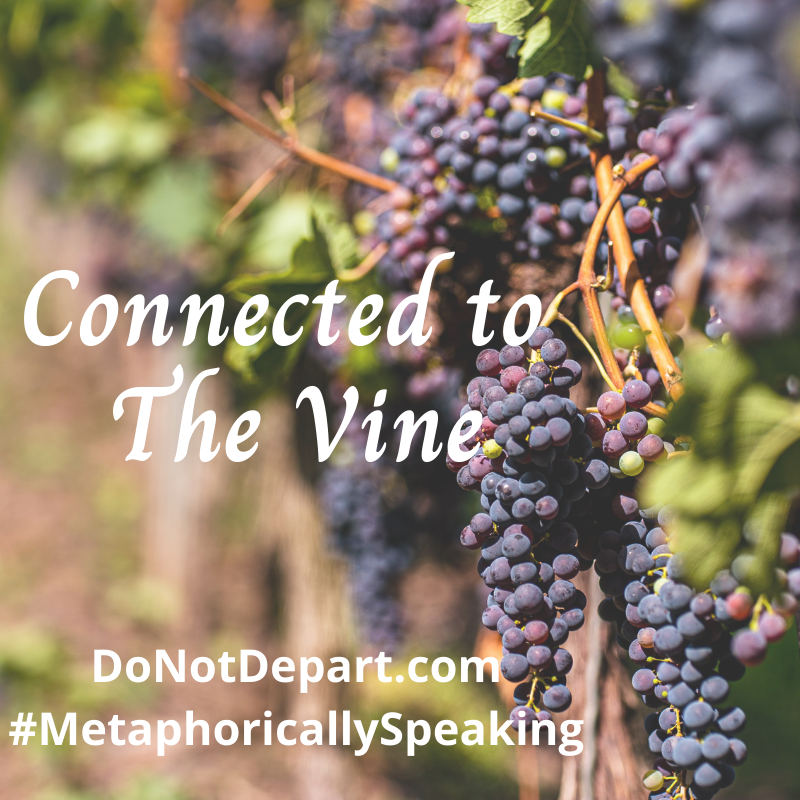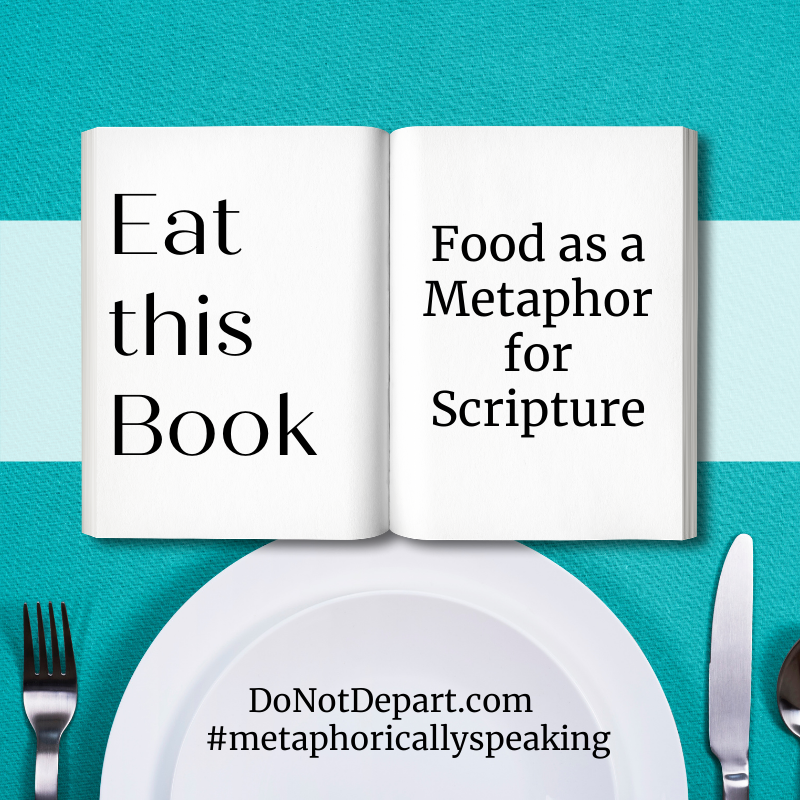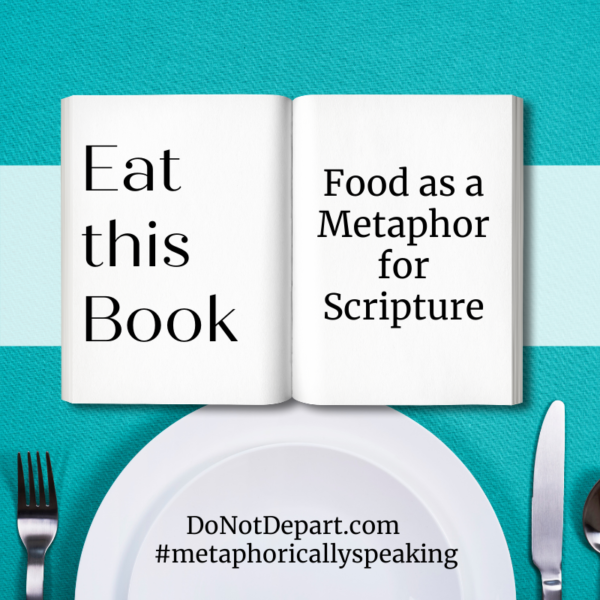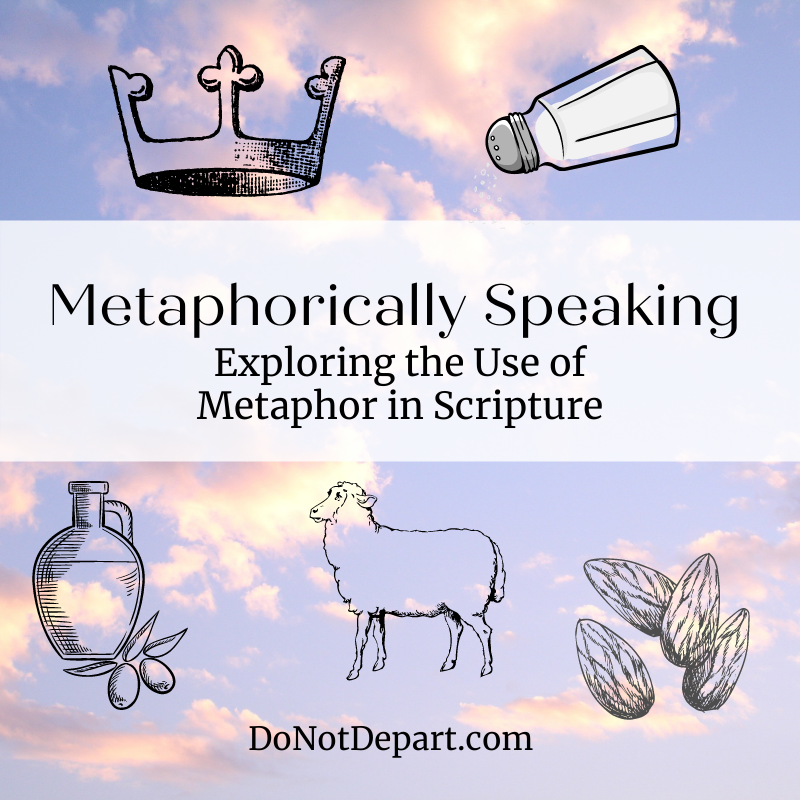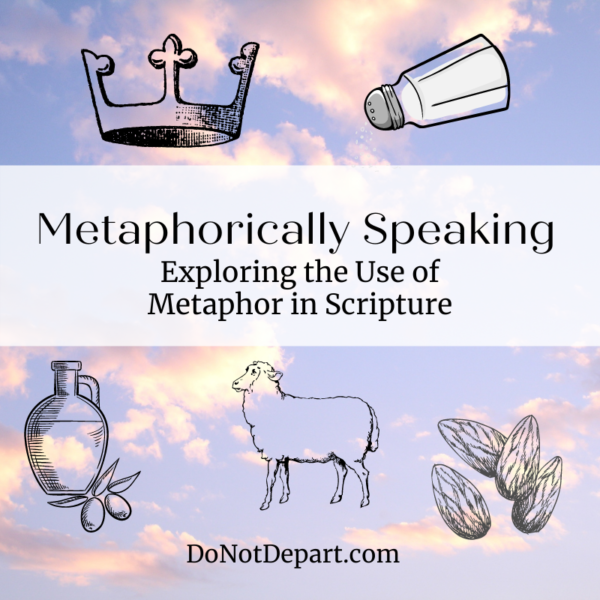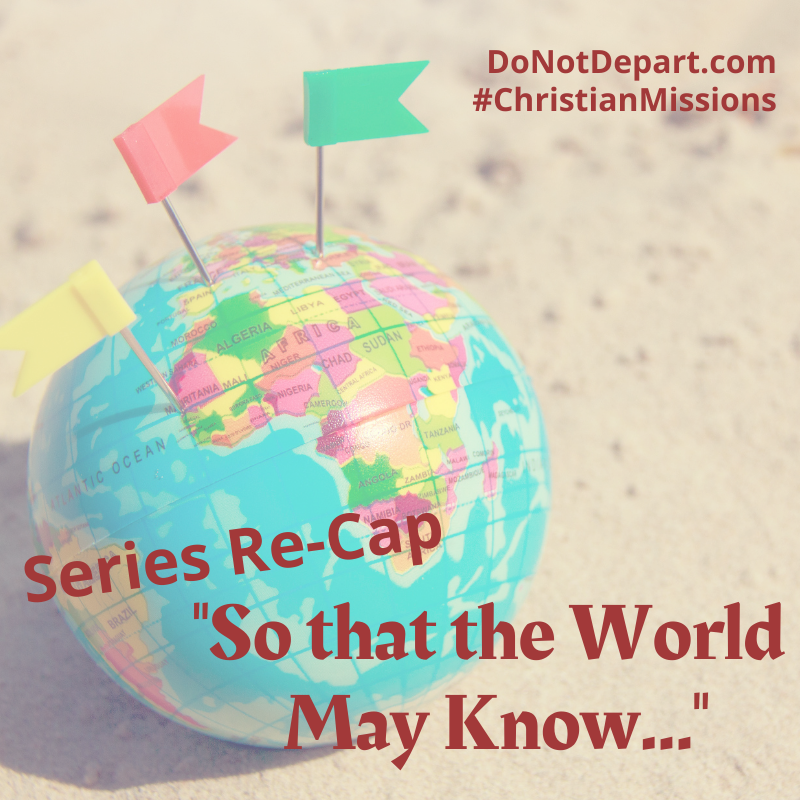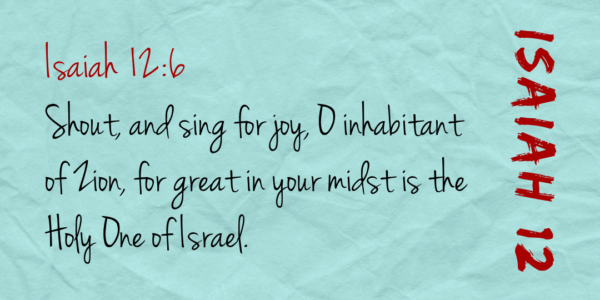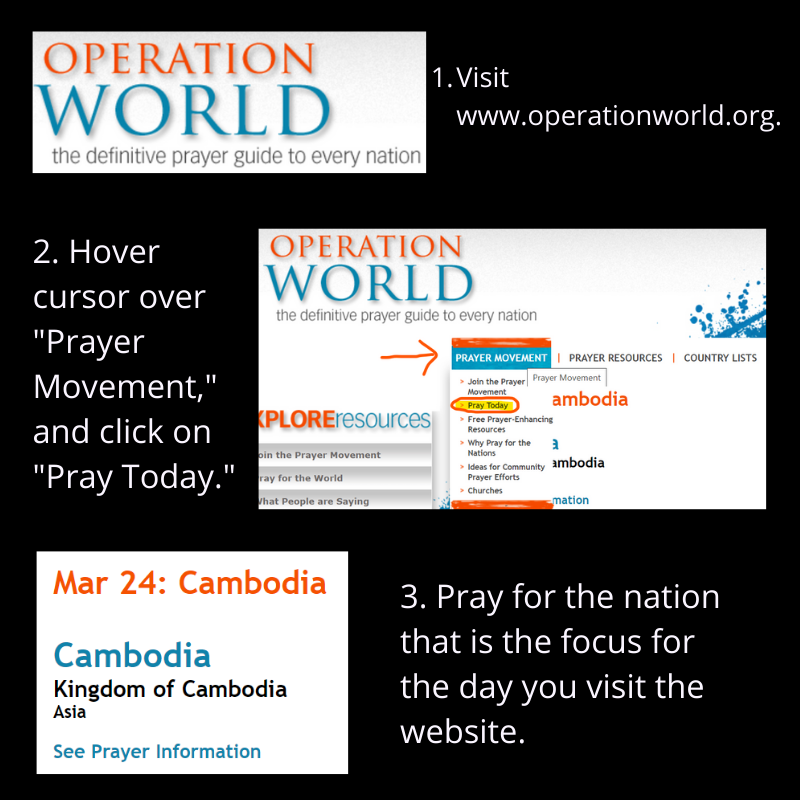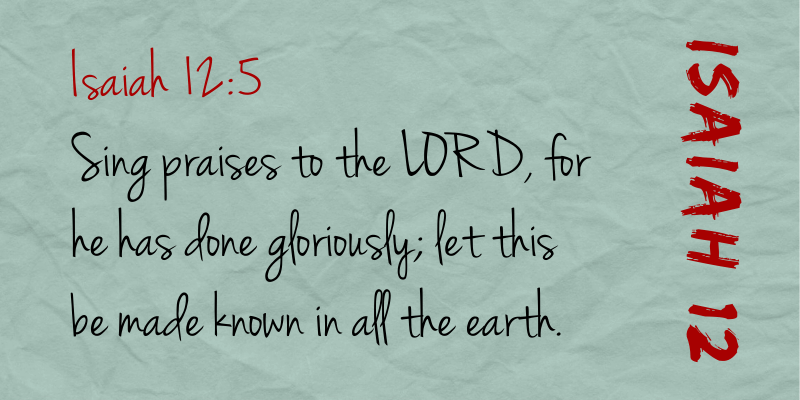I am the last person you want to ask for gardening advice. I descend from a long line of farmers, but you would never know it. Quite by accident, my only successes are with orchids and a bromeliad.
Throughout the Bible plant metaphors are used. Green and growing equals spiritual flourishing. Withering and rot equals spiritual decay. Today we will continue our #MetaphoricallySpeaking series by exploring the metaphor of the vine and the branches in John 15.
The Vine is the Life Source
Feet washed, bread broken, and a cup shared, Jesus and His disciples soon depart the Upper Room for the Garden of Gethsemane. Throughout His ministry the disciples have grown and flourished in Christ’s physical presence. Now it is time for them to live by faith. Jesus teaches them how to live and grow in His physical absence. This lesson is important for disciples in this present age as well. First, Jesus says,
I am the true vine… (John 15:1)
As a vine is central to the life of the plant, Jesus is our life source. John 1:4 states that Jesus IS life. The Message puts it this way:
Your new life, which is your real life—even though invisible to spectators—is with Christ in God. He is your life. (Colossians 3:4, MSG)
Like the vine delivers sap, the vital nutrients, to the rest of the plant giving it vitality and vigor, Jesus delivers everything we need for spiritual growth and maturity.
The Branches and the Vine
Having established that He is The Vine, Jesus teaches that all who believe are the branches. The branches grow out from the vine, brimming with leaves, flowers and fruit. Healthy branches are a symbol of a believer’s spiritual growth. This spiritual growth happens because it is connected to the vine– to Jesus.
I am the vine; you are the branches. Whoever abides in me and I in him,
he it is that bears much fruit, for apart from me you can do nothing. (John 15:5)
The fruit of our lives, the products of a life transformed by Jesus, are possible because we commit to an ongoing relationship with Him. How do we do this? We abide in Christ through His Word, in prayer, and obedience to His will.
The fruit of a Christian life is the result of active participation in the life of Christ by faith. The branches bear or support the fruit; they do not make it. Jesus makes this clear in the last half of John 15:5, saying, “apart from me you can do nothing.” Jesus’ work in the life of a believer produces fruit.
Troubled Times, Even More Abiding
My heart is troubled and overwhelmed by much of what I see going on in the world. Part of me wants to rush to action, and the other part is unsure of what “action” looks like. Meditating on being connected to Christ and abiding in Him, I am encouraged. My job is to remain in Christ, focused on Him and His ways. Connected to Jesus, He will prepare me with the right response at the right time for His purpose.
With my poor record in growing plants, I am glad that the spiritual fruit in my life is not dependent on my work. Thanks be to God for providing a true vine in Christ. Connected and abiding in Him, He provides everything needed to bear fruit in my life.
For Further Study
The metaphor of the vine and branches is significant throughout the Bible. There is no way one blog post can do it justice. To further your study, consider the following:
- Look up Psalm 80. Investigate what the vine represents in the Psalm.
- Read John 15: 1-11. How does Jesus give new meaning to the metaphor of the vine?
- Read John 15:1, and explore what a vinedresser does. What is God the Father’s role in the relationship between The Vine and the branches?
